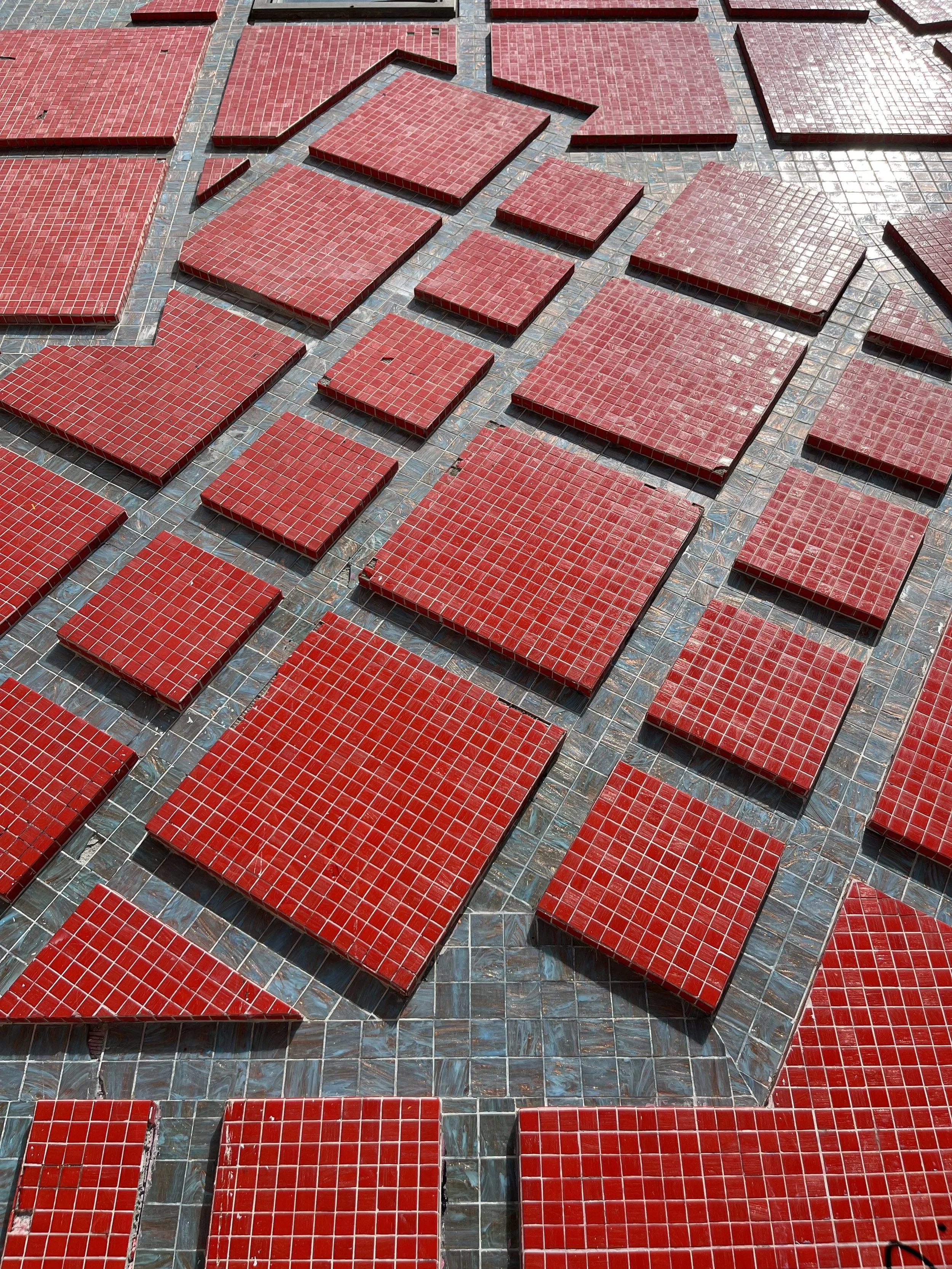
Sample Syllabi
Below are links to sample syllabi from the courses I’ve taught at the New York City College of Technology.
As an Associate Professor of English, I teach various courses as needed by the department, which offers a variety of literature and composition courses. First Year Writing courses use a department-wide curriculum that can be amended or revised as needed. In all literature classes, I generate my syllabus, grading policy, course calendar, reading list, and assignments in order to create a learning environment conducive to my students’ development of proficiency in the course outcomes identified by the department.
ENG 1101 / Composition I
Reading, writing, and conducting research in multiple genres to learn genre awareness and transferable writing skills. Develop strategies for composing in contemporary environments through practice and revision of project-based assignments.
Click here to see the sample FYW syllabus from the FYW Program site.
Click here for a sample syllabus from 2016. This class was part of a learning community with Raster Vector Graphics in the Communication Design Department.
Follow these links to see my Spring 2021 Syllabus and Calendar.
ENG 2001 / Introduction to Literature — Fiction
Writing Intensive. Analysis and critical understanding of selected fiction. Exams, essays, or creative responses based on readings.
In this class, students are first expected to master a conventional definition of fiction, using the six elements of fiction as defined by Ann Charters (setting, point of view, plot, character, theme, style). They read fiction in various genres (e.g., short stories, a novel), and are expected to demonstrate their ability to use these terms accurately in class discussion, quizzes, and formal paper assignments.
ENG 2190 / Expressions of Identity: Representations of Gender and Space in Literature
Writing Intensive. This course focuses on space and place: personal, home/household, communal, virtual, digital, or global representations as they relate to self-perception and gender identity. Readings include works that explore the unique relationship between gender identity roles/expectations and the form and function of different types of place and space as being gender specific. Course also includes the study of environment, race, physical space, (C)lass, culture, gender roles, and sex and sexuality.
ENG 3407 / Gothic Literature and Visual Culture
Writing Intensive. Students critically read, analyze, and write about the popular genre of the Gothic. As represented in both literary and visual terms, in both Europe and the United States beginning in the late-18th century to today. Key concepts include horror, haunting, madness, and monsters.
ENG 1121 / Composition II
A focus on using rhetorical analysis and audience awareness todevelop reading, writing, and researh skills for use both in and out of academia. Build upon skills learned in ENG 1101 to develop fluency for composing in contemporary environments through practice and revision of project-based assignments.
ENG 2150 / Introduction to Women Writers
Writing Intensive. Introduction to the writings of selected women writers, both major authors and less well-known women writers. A variety of genres including essays, fiction, poems and plays will be explored.
My reading list for this class includes texts in several genres (a novel, short stories, fiction, drama, nonfiction, and a graphic novel) which were written by women and which contribute to a more nuanced understanding of themes related to women’s rights, revolution, family, race, and identity. Students are expected to use the terms of literary criticism accurately in class discussion, quizzes, and formal paper assignments.
ENG 3401 / Law through Literature
Writing Intensive. An exploration of concepts of justice, higher law, customary law and written law expressed through works of fiction and non-fiction. The course seeks to enhance the student's sensitivity to issues of ethics, gender bias and class consciousness as they affect the administration of justice. Readings improve communication skills and strengthen legal skills of identifying, articulating and locating problems in the context of underlying legal issues. Written assignments emphasize expository writing skills.
Click here for a sample syllabus from 2022. This class focuses on the theme of food justice.
ENG 2000 / Perspectives in Literature
Writing Intensive. Readings in and writings about literature across genres, eras and locales. Themes include family, the individual and society, good and evil, gender, faith and "the human heart in conflict with itself." Essays and exams based on readings.
ENG 2170 ID / Introduction to Studies in Masculinity and Maleness
Writing Intensive. This course identifies expected and redefined understandings and representations of Maleness and Manhood through physical, psychological, sociological, and philosophical approaches through literature, scholarly writing, and film. Subject matter includes sex, sexuality, sexual orientation, perception, identity, power, politics of manhood, violence, and the use or expectation of male dominance.
See my syllabus and course calendar from Summer 2025.
ENG 3402 / Topics in Literature: The Graphic Novel
Writing Intensive. I designed this class for the rotating topics course to introduce students to the genre of graphic novels. Required readings represent both Eastern and Western comics traditions, and range in publication dates from around 1930 through the 21st century. Looking at these primary texts alongside an important critical work (Understanding Comics), students will learn to identify the key components of graphic narrative—including technical aspects of visual storytelling as well as more traditional elements of prose narrative—and how they work together to form a graphic narrative. Students will also be asked to identify the major themes addressed by the genre over time, and to evaluate the ways in which those themes, and the ways they are addressed, have changed.